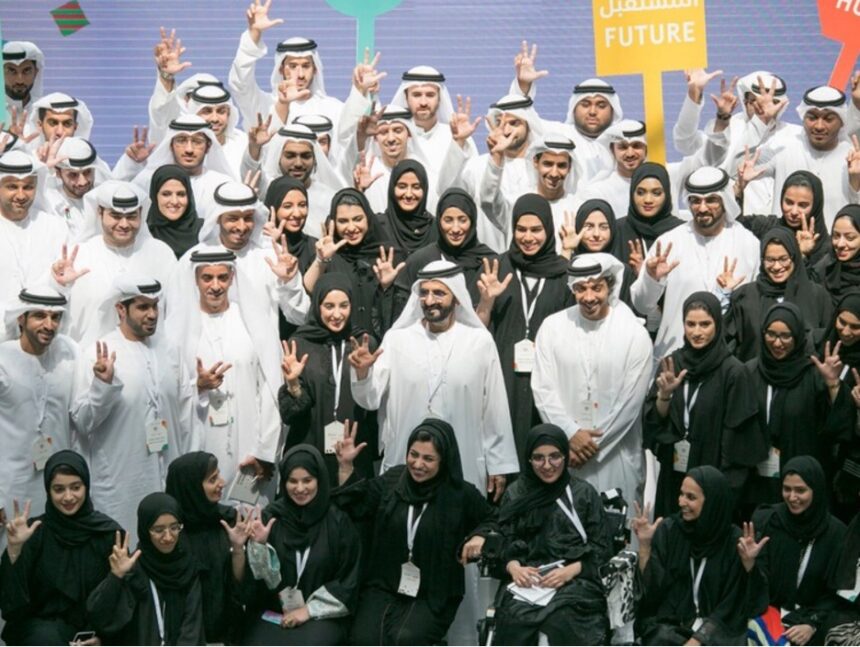In stadiums, schoolyards, and high-performance centers across the United Arab Emirates, a new generation of coaches is shaping the future of sport—not by chasing immediate glory, but by investing in the next wave of athletic talent. These are the youth academy coaches, dedicated professionals who are laying the groundwork for a national legacy of competitive excellence, character development, and long-term success.
From football fields in Dubai to swimming pools in Abu Dhabi, these coaches are doing more than just teaching skills. They are cultivating discipline, instilling values, and identifying potential in athletes as young as five years old. In the UAE’s growing sports landscape, where investments in infrastructure and international competition are at an all-time high, youth academy coaches have emerged as the unsung architects behind the country’s sporting future.
Why Youth Academies Matter in the UAE
As the UAE works to diversify its economy and identity through initiatives that promote culture, tourism, and sport, youth development programs have become a cornerstone of that vision. Whether in government-supported academies, international schools, or private clubs, youth sports are being professionalized like never before.
These academies are not only producing athletes—they’re building future leaders, healthy citizens, and global ambassadors. At the center of this effort are the coaches, whose work extends far beyond the training ground.
The Role of a Youth Academy Coach
Youth academy coaches in the UAE wear many hats. They are:
- Educators: Teaching proper technique, sport-specific rules, and foundational movement.
- Mentors: Guiding young athletes through challenges on and off the field.
- Talent identifiers: Recognizing early signs of competitive potential and helping athletes find their pathway.
- Liaisons: Collaborating with parents, schools, and senior coaching staff to align development plans.
- Role models: Representing professionalism, discipline, and ethics in every session.
Above all, they understand the importance of progress over perfection—building athletes through patience, structured progression, and long-term planning.
Structured Development Pathways
One of the key contributions of UAE youth academy coaches is the creation and management of clear developmental pathways for athletes. These typically include:
- Fundamentals phase (ages 5–9): Focus on fun, motor skills, and basic movement.
- Learning phase (ages 10–13): Introduction to sport-specific techniques and teamwork.
- Competitive phase (ages 14–17): Structured training, performance tracking, and tactical awareness.
- Pre-professional phase (ages 18+): High-intensity coaching, competition exposure, and career planning.
Coaches guide athletes through each phase with data-driven assessments, training periodization, and psychological support, ensuring balanced growth.
Talent Identification and Inclusion
In the multicultural fabric of the UAE, coaches play a vital role in ensuring that talent is spotted across all backgrounds, regardless of nationality or income level. Many academies now work with:
- Public and private schools
- Community outreach programs
- National sports federations
- Clubs offering subsidized training for promising youth
Coaches are trained to look beyond the obvious metrics—like speed or size—and spot intangibles such as game intelligence, coachability, and work ethic.
This inclusive approach is helping the UAE diversify its talent pool, develop homegrown stars, and reduce dependency on imported talent.
Coaching with Modern Methodologies
Youth academy coaches in the UAE are supported by a growing ecosystem of sports science, technology, and global knowledge exchange. Many hold international certifications and participate in ongoing development workshops.
They incorporate:
- Video analysis for tactical review
- GPS tracking to monitor physical output
- Psychological profiling to understand athlete mindset
- Nutrition education tailored to adolescent development
- Injury prevention strategies, especially during growth spurts
This scientific, individualized approach ensures that young athletes train smartly, safely, and sustainably.
Building Character Through Sport
While physical performance is a clear focus, UAE youth coaches are equally committed to developing character and values in their athletes. This includes:
- Teaching respect for opponents and officials
- Promoting teamwork, self-control, and resilience
- Encouraging leadership roles within teams
- Providing emotional support during loss or injury
For many parents, these values are just as important as medals or scholarships. Coaches, aware of their influence, approach their work with care, integrity, and long-term responsibility.
Parental Engagement and Education
Youth coaching in the UAE also involves building relationships with parents. Coaches often hold:
- Parent orientation sessions
- Performance review meetings
- Workshops on nutrition, rest, and emotional support
They help parents understand how to encourage without pressuring, how to support without interfering, and how to trust the long-term process of athletic development.
This shared understanding fosters a collaborative environment, where young athletes feel supported both at home and at practice.
UAE Success Stories Born from Youth Academies
Thanks to the work of these coaches, the UAE is beginning to see results:
- Talented footballers graduating from youth leagues to national teams
- Swimmers breaking regional records by age 16
- Young basketball players earning international scholarship offers
- Jiu-jitsu champions who began training in early childhood
These achievements reflect the quality, dedication, and vision of youth academy coaches, who often work behind the scenes with little spotlight but maximum impact.
Challenges and the Road Ahead
Despite progress, youth coaching in the UAE faces challenges:
- Retention: Some coaches leave the profession due to long hours and modest compensation.
- Specialization pressure: Some athletes are pushed into focusing too early, risking burnout.
- Balancing academics and sport: Coaches work to ensure training doesn’t interfere with school success.
- Climate management: Training outdoors in extreme heat requires creative solutions and adjusted schedules.
Nevertheless, with ongoing investment, governmental support, and growing public appreciation, the coaching profession is gaining recognition and momentum.








